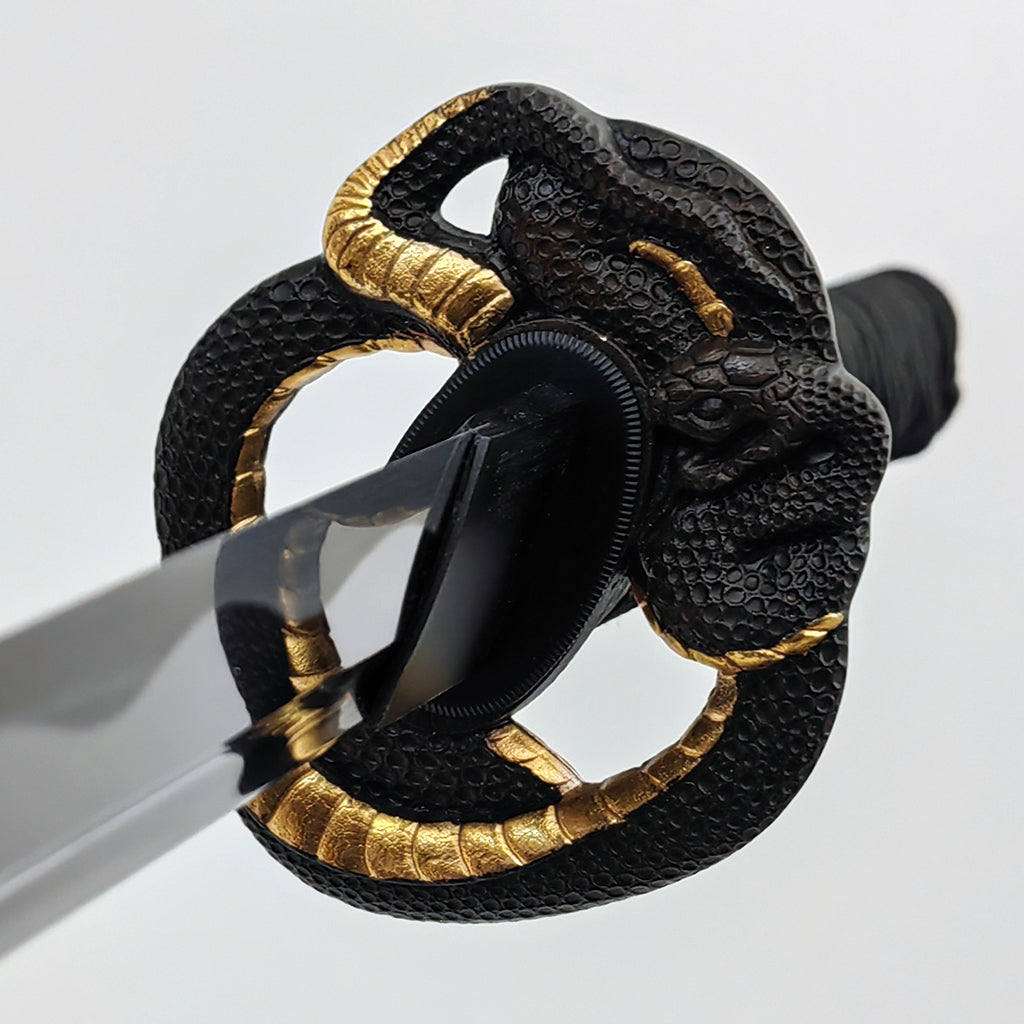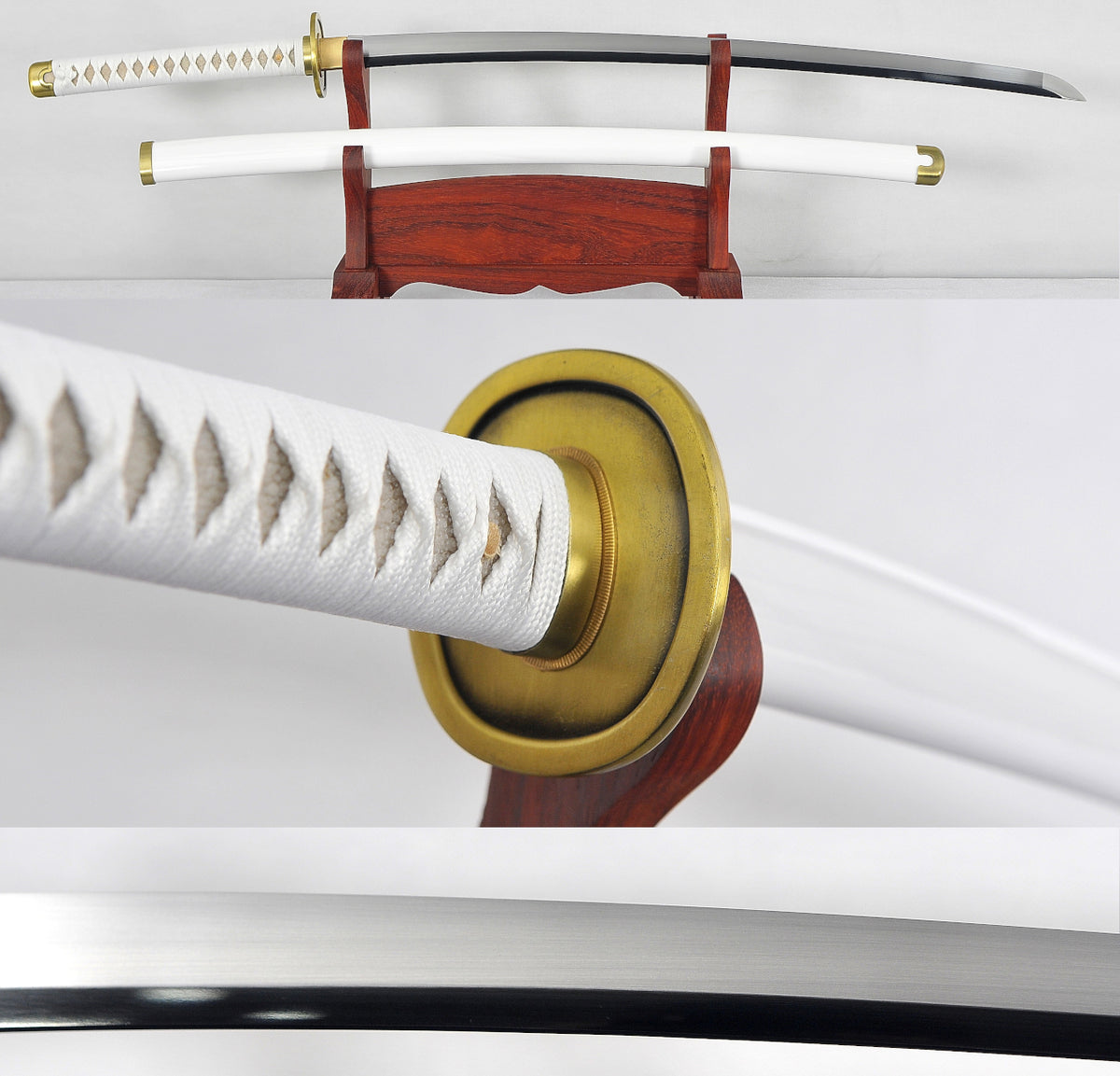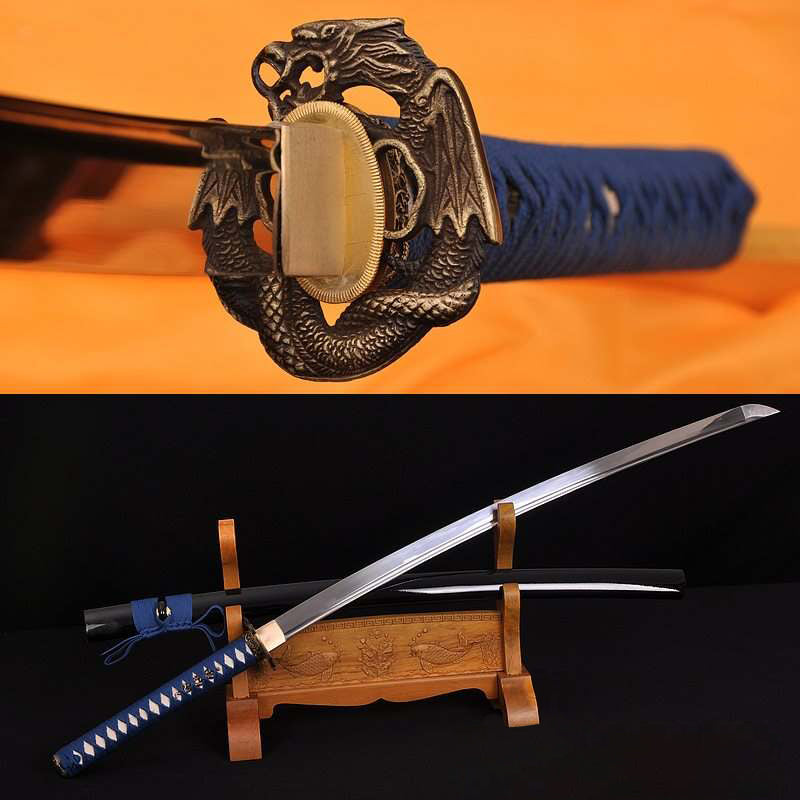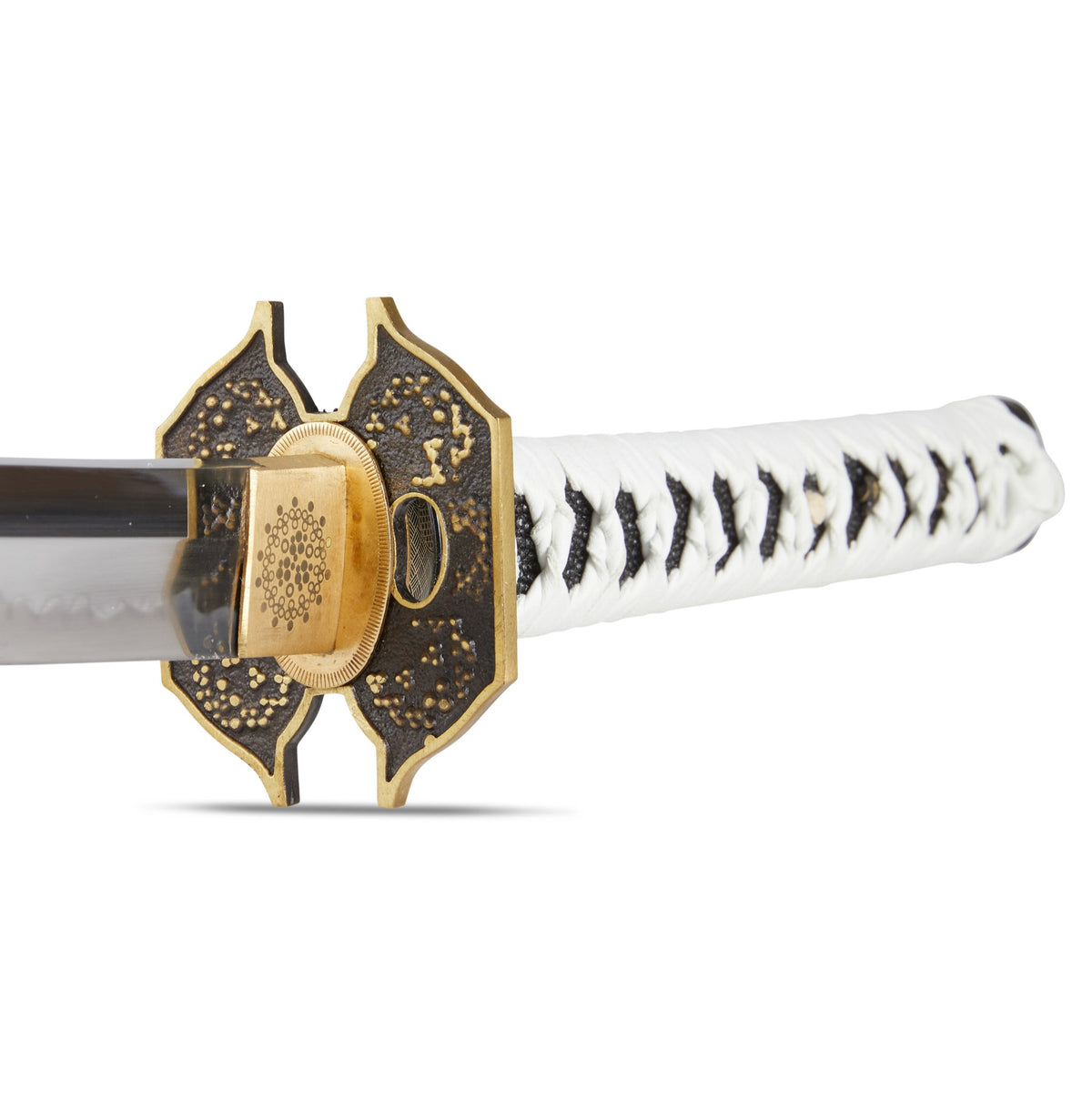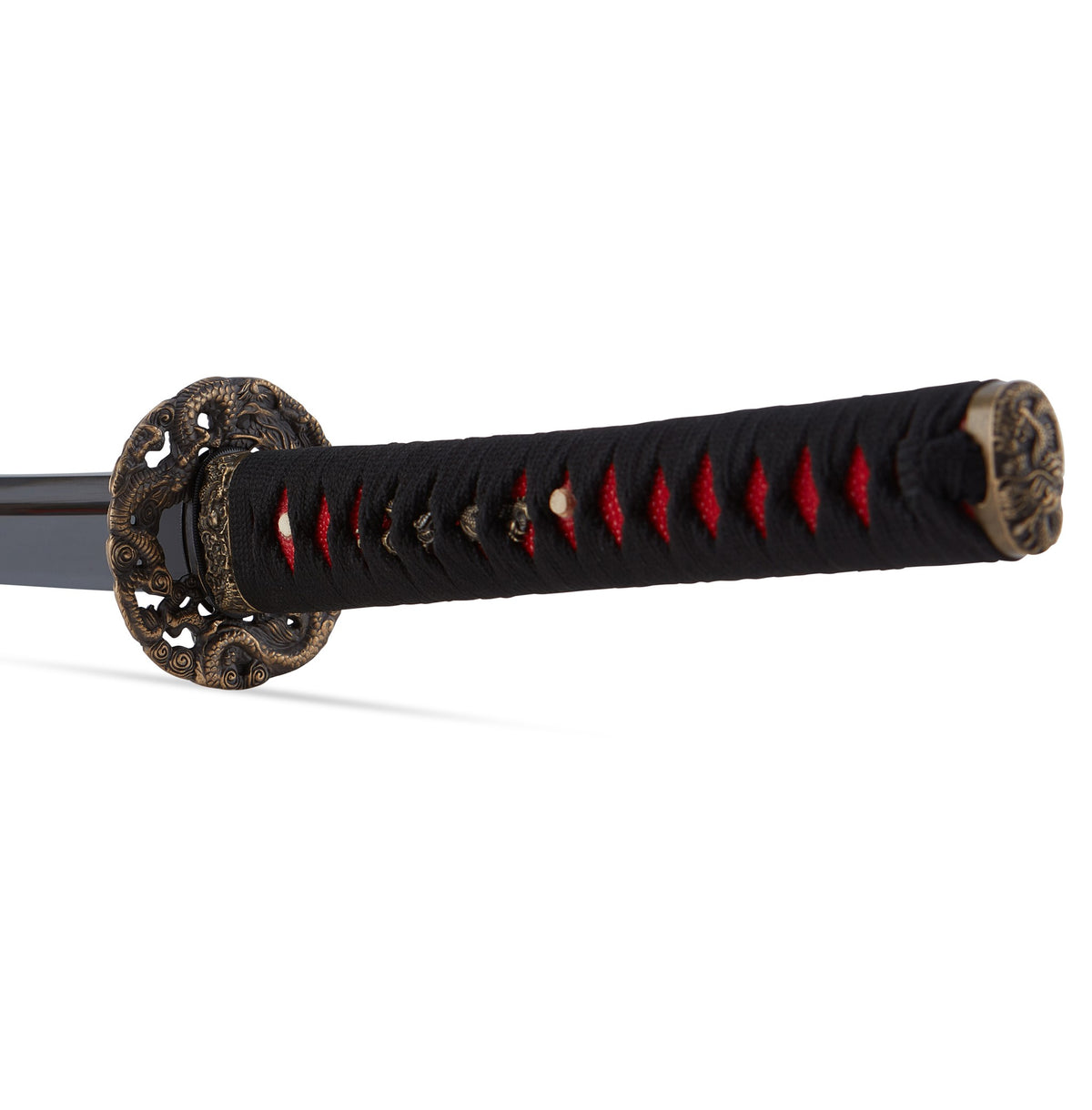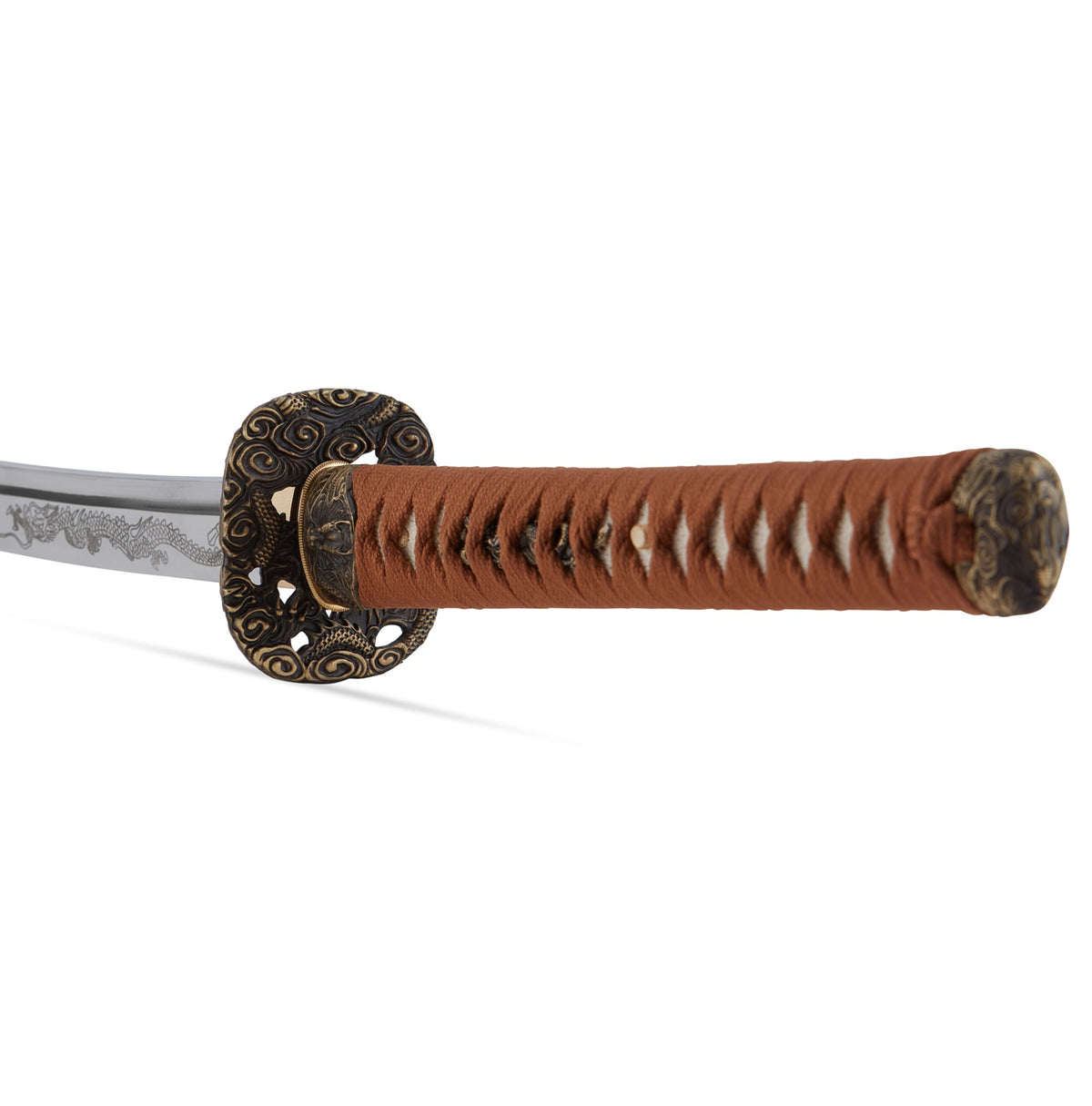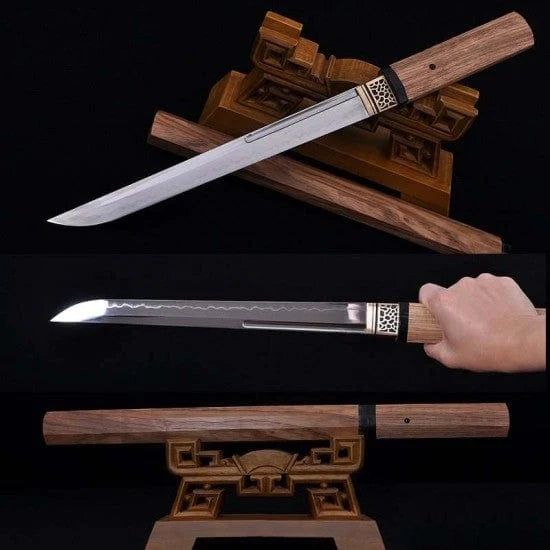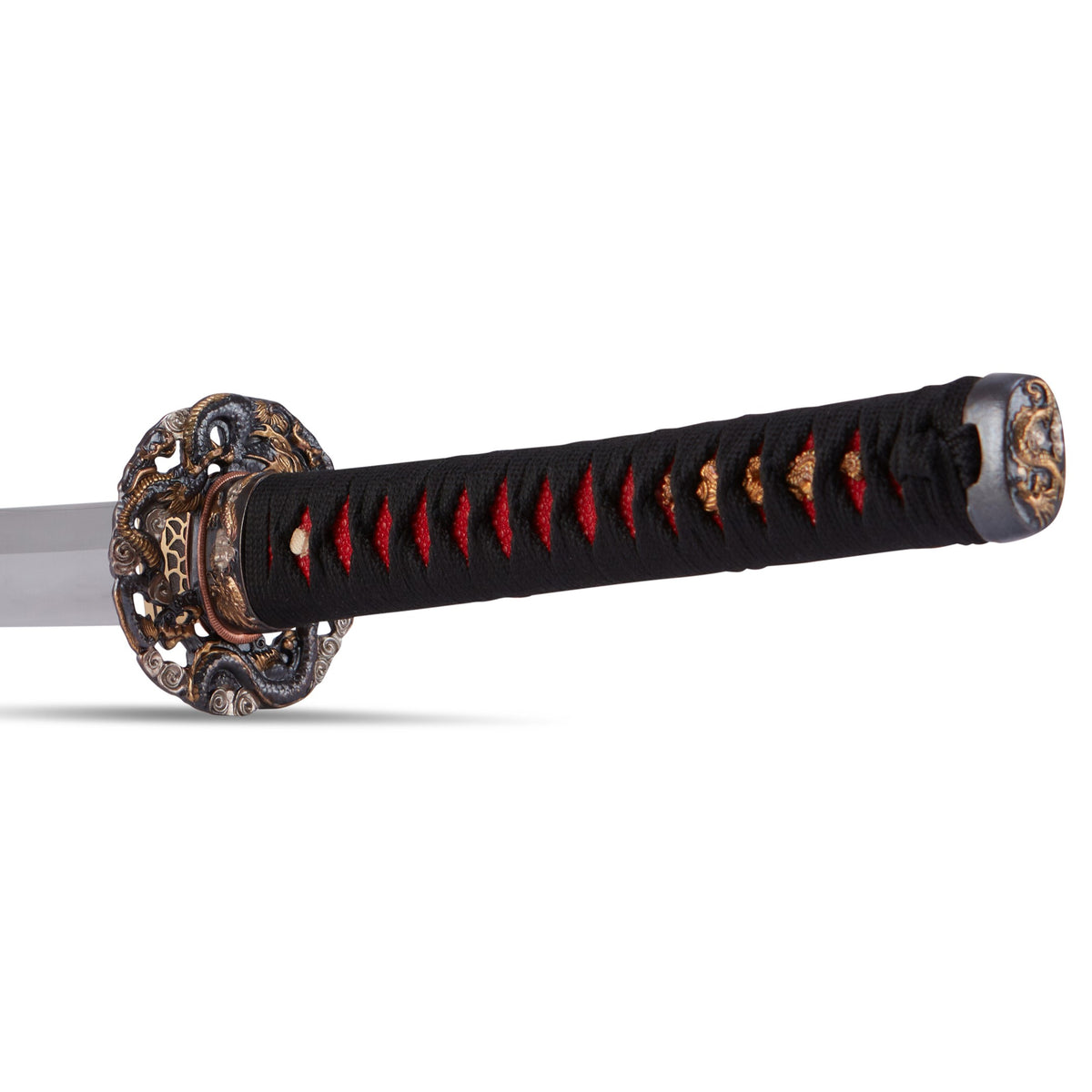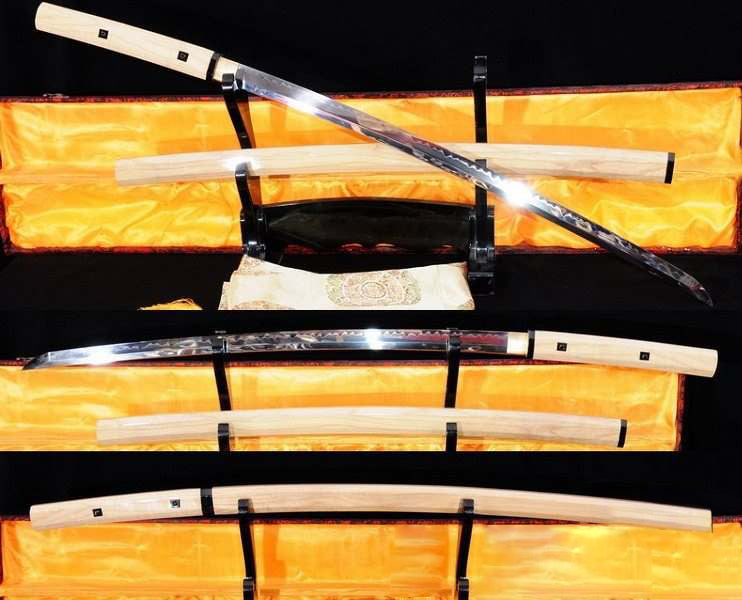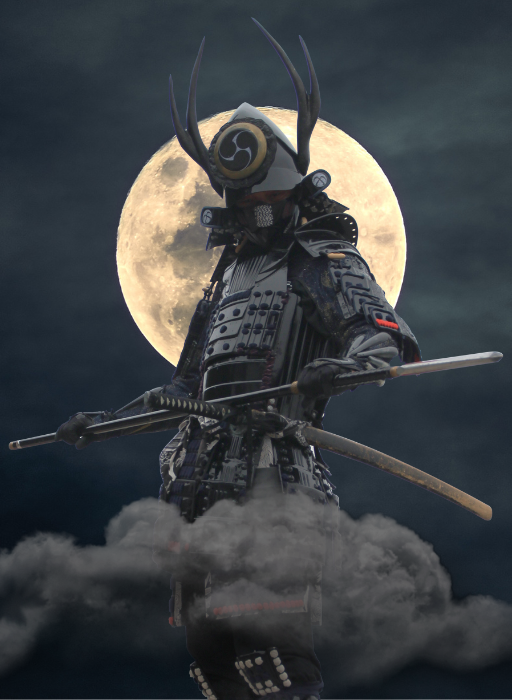Why is Sword Weight Important?

Many people think that the sharpness of the blade is the most important part of cutting and slashing with a sword, but the weight of a sword has more to do with its effectiveness than you may think. Because swords vary based on material, style, and design, there is a vast spectrum of sword weights that affect fighting style and preference. From the rapier's quick cuts and stabs to a broadsword’s ponderous swings, the reason behind each fighting technique stems from the weight and shape of the weapon.
If you’re curious about the importance of sword weight, the experts at Swords of Northshire are here to help you figure it out. Check out this blog for an overview of the most important details today!
How Weight Affects Fighting Style
As a rule, the heavier the sword, the more impact it has when it lands. That’s not to say that heavier swords are the optimal choice. Each sword’s weight and style has its own pros and cons that affect a fighter’s technique. Many times, the weight of a sword comes down to a fighter’s preference. Are they defensive fighters that prefer to stand in place, immovable, and waiting for the opportunity for one huge strike? A heavier sword is probably the right choice. Are they evasive fighters that can’t lug a longsword along with them as they duck, dodge, dive, and weave around their opponent? A rapier or a katana is probably the better sword for this style.
Furthermore, heavier swords are built for really cutting through an object with their greater momentum – like lopping off an arm. Lighter sword weights, on the other hand, are about quick slashes that defeat an opponent through blood loss as opposed to limb loss.
The Importance of Counterbalance

If you’ve ever held a sword, you’ve probably noticed that the weight of the handle is often used to balance the weight of the blade. In addition to a full tang that carries the blade all the way into the handle, blacksmiths carefully consider the materials in the handle and guard to ensure it’s the right weight to create a point of balance that falls just a few inches down the blade from the hilt.
A blade that’s too heavy results in a drooping tip that’s hard to recover quickly after strikes at opponents. A hilt that’s too heavy makes it challenging to deliver fast, fluid strikes.
Sword Weights for Samurai Weapons
Each type of samurai sword has a unique length and configuration, resulting in variation of weight. Here are the traditional weights for each type of samurai sword:
- Katana: 1.1 - 1.5 kg
- Odachi / Nodachi: 2.2 - 14.5 kg
- Wakizashi: 1 - 2 kg
- Tachi: 1.1 - 1.5 kg
- Shirasaya: 1 - 1.5 kg
Your Sword Experts
At Swords of Northshire, we’ve spent years searching for the best blacksmiths to ensure our swords meet exacting specifications. In fact, we list the sword weights and points of balance on every sword’s product page to ensure you find a weapon that’s perfectly suited for your needs!
Browse our selection of high-quality weapons to discover the right sword for you!
Best Sellers
- Regular Price
- from $199.99
- Sale Price
- from $199.99
- Regular Price
-
- Unit Price
- per
- Regular Price
- from $319.00
- Sale Price
- from $319.00
- Regular Price
-
- Unit Price
- per
- Regular Price
- from $219.00
- Sale Price
- from $219.00
- Regular Price
-
$0.00
- Unit Price
- per
- Regular Price
- from $506.00
- Sale Price
- from $506.00
- Regular Price
-
$649.00
- Unit Price
- per
- Regular Price
- from $339.00
- Sale Price
- from $339.00
- Regular Price
-
- Unit Price
- per
- Regular Price
- from $228.00
- Sale Price
- from $228.00
- Regular Price
-
$269.00
- Unit Price
- per
- Regular Price
- from $239.00
- Sale Price
- from $239.00
- Regular Price
-
- Unit Price
- per
- Regular Price
- from $359.00
- Sale Price
- from $359.00
- Regular Price
-
- Unit Price
- per
- Regular Price
- from $458.00
- Sale Price
- from $458.00
- Regular Price
-
$539.00
- Unit Price
- per
- Regular Price
- from $384.00
- Sale Price
- from $384.00
- Regular Price
-
- Unit Price
- per
